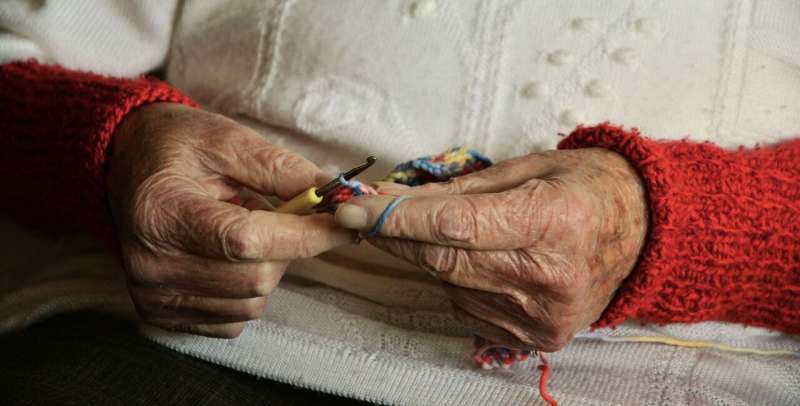Study Reveals How Minimal Mutations in Blood Cells Can Drive Blood Cancer Progression

New research reveals that even small populations of mutated blood cells can significantly influence blood cancer progression and systemic health, highlighting the importance of early intervention.
Recent research from Brown University has shed light on the profound influence that even a small number of mutated blood cells can have on the development of blood cancers. Using a sophisticated mouse model, scientists introduced low levels of mutated cancer cells into healthy mice and closely monitored the progression over several months. The findings demonstrated that these mutant cells not only affected neighboring non-mutated blood cells but also significantly disrupted the entire blood-forming system and bone health.
The team published their results in the journal Blood, highlighting that the presence of cancer cells with specific gene mutations, such as JAK2, caused systemic changes that were much more extensive than previously understood. Senior researcher Patrycja Dubielecka explained that even a minimal population of mutated cells could lead to widespread molecular and functional alterations, suggesting the need for a reevaluation of current early detection and treatment strategies.
Traditionally, early-stage blood malignancies are managed with a strategy of 'watchful waiting,' especially in younger patients. However, this study indicates that early intervention to reduce the mutated clone's size might be crucial, as the systemic damage they cause can become irreversible over time. The researchers also emphasized the importance of understanding the molecular interplay between mutated and healthy cells to develop therapies aimed at reversing these changes.
The creation of a specialized mouse model allowed scientists to track and analyze the behavior of both cancerous and healthy cells accurately. This model mimics human disease progression, providing valuable insights into how blood cancers evolve and impact overall health. The study’s findings point towards the necessity to target even low levels of mutant cells early on, potentially improving patient outcomes and long-term remission rates.
The research team, including postdoctoral fellow Dennis Bonal, aims to further investigate how to reverse molecular changes in non-mutated bystander cells and refine treatment approaches. This groundbreaking work underscores the importance of early molecular intervention in blood cancer management, potentially leading to more effective and targeted therapies in the future.
Source: https://medicalxpress.com/news/2025-08-mutated-cells-significantly-impact-blood.html
Stay Updated with Mia's Feed
Get the latest health & wellness insights delivered straight to your inbox.
Related Articles
Scientific Study Clears Mosquitoes of Role in Spreading Lyme Disease
New research confirms that mosquitoes do not transmit Lyme disease, with ticks remaining the primary vectors. This discovery refines our understanding of disease transmission and guides better prevention strategies.
Does Consuming Cheese Before Bed Really Cause Nightmares? Scientific Insights Explored
Explore the scientific evidence behind the popular myth that eating cheese before bed causes nightmares and learn how diet affects sleep quality and dreaming.
How Cell Mutations in Tissues Influence the Aging Process
Discover how somatic mutations in muscle and blood vessel tissues accelerate aging and contribute to age-related decline. New research highlights the role of genetic changes in tissue deterioration and potential therapeutic targets.
Accreditation Program Significantly Enhances Surgical Quality in Hospitals, Study Finds
A comprehensive study shows that accreditation programs by the American College of Surgeons significantly improve surgical quality across U.S. hospitals, fostering continuous patient safety and care enhancements.



